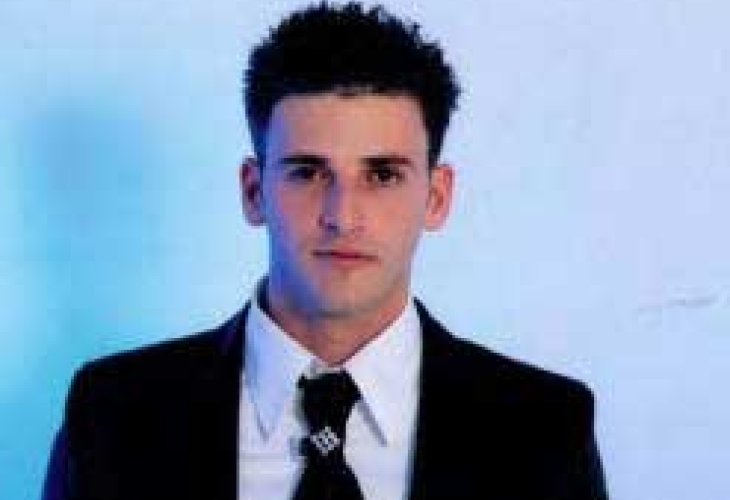Unleashing the Power of Challah: A Spiritual Ritual
Discover the blessing, how to separate the dough, prayers, requests, and what to do with the separated piece.

Blessing for Separating Challah - Sephardic Tradition:
Blessed are You, Hashem, our God, King of the Universe, who has sanctified us with His commandments and commanded us to separate challah as offering.
Ashkenazi Tradition:
Blessed are You, Hashem, our God, King of the Universe, who has sanctified us with His commandments and commanded us to separate challah.
* Ideally, everyone should follow their ancestral tradition.
* If necessary, either version is acceptable.
* The person performing the mitzvah should stand during the blessing.
* Blessings are said only if a certain amount of flour is in the dough - see the section on the laws of the challah mitzvah.
Size of the Challah Portion
There are two opinions on the required size.
According to Shulchan Aruch: The custom is to take any amount from the dough.
According to Rema: The custom is to take an olive-size piece from the dough.
Regarding the "olive-size," there are several views:
- Some say it should be 29 ml of water volume.
- Rabbi Chaim Naeh suggests 27 ml.
- According to Chazon Ish it's 33.3 ml.
- Rabbi Moshe Feinstein holds 31 ml.
Usually, the size is measured by the volume of a small matchbox, but one should follow their Rabbi's practice.
Washing Hands After Separating Challah
* After separating challah, it's advisable to wash hands well of any dough remnants, as it's prohibited food and may mix with the rest.
* Ensure no crumbs fall back into the dough, as they can render it forbidden. If some crumbs do, consulting a Rabbi is needed to determine the dough's status.
Declaration of Challah
The woman lifts the dough piece and declares: "This is challah." This elevates the dough piece to a state of holiness.

After Separating Challah
What to Do with the Separated Piece
In Temple times, challah was given to a priest. Today, since all dough and priests are ritually impure, it must be destroyed. There are two ways:
First Option: Burn the Separated Challah
Ideally, burn the separated challah.
However, avoid burning over gas, stove, or utensils in use.
Those with alternatives can burn it in other ways.
Second Option: Wrap and Dispose
Those unable to burn it:
Wrap the separated challah twice and discard it in the garbage.
Prayers and Requests After Challah Separation
After the mitzvah, it's time for personal, heartfelt prayers - a moment to connect with our Father in heaven. It is a favorable time, offering spiritual protection from the mitzvah
We've included some prayer examples:
* There's no obligation to recite all.
* It's encouraged to offer personal prayers from the heart.
Challah separation is one of three treasured mitzvot for women. When performed, Hashem hears our prayers.
Holy writings say that the time of the mitzvah is suitable for prayer, and for the three women's mitzvot, performing them creates a special moment.
The righteous Hannah is known for keeping the three mitzvot properly and thus fulfilled the desires of her heart, prayers answered.
Women should always pray during a mitzvah, for blessings of righteous children who know Hashem.
During this mitzvah, obstacles and accusations disappear
It is a moment of "favorable time," where prayers are more likely to be accepted, as the merit of the mitzvah removes obstacles.
The mitzvah of separating challah is known to bring great salvation, so we should pray for the needs we have.
In the word "Tefillah," lies a wonderful meaning:
Tefillah is a miraculous Jewish remedy for all salvations!
Standing with the dough bowl before Hashem, unseen, unheard by others. In our kitchen, with available utensils – bringing joy to the Creator, like the priest in his service.
In these moments, we contribute to the world's and our personal repair.
Hashem waits for our prayers, hoping to bestow goodness on us.
Let's use this opportunity, praying for ourselves, our families, and all of Israel.
May the words of our lips and the thoughts of our hearts be accepted by Hashem.
The full chapter is available in the book "Paths of Challah", by Rabbanit Esther Toledano.
For Challah classes and home ceremonies: Phone 073-2221290, Email aviva@htv.co.il

